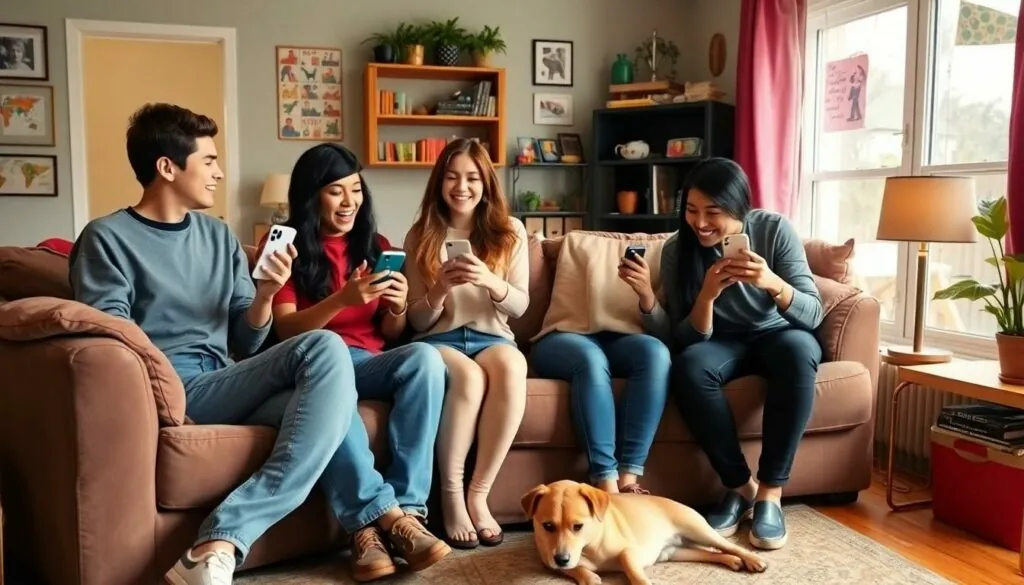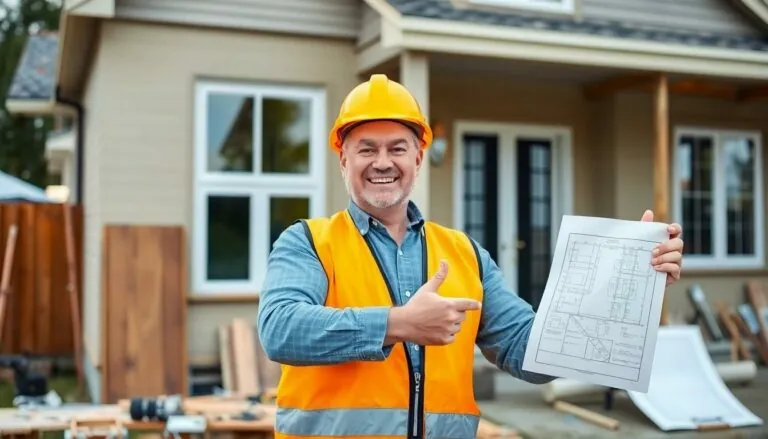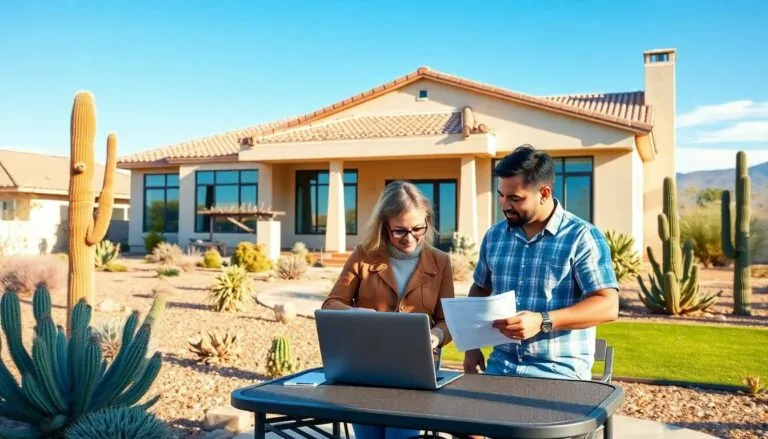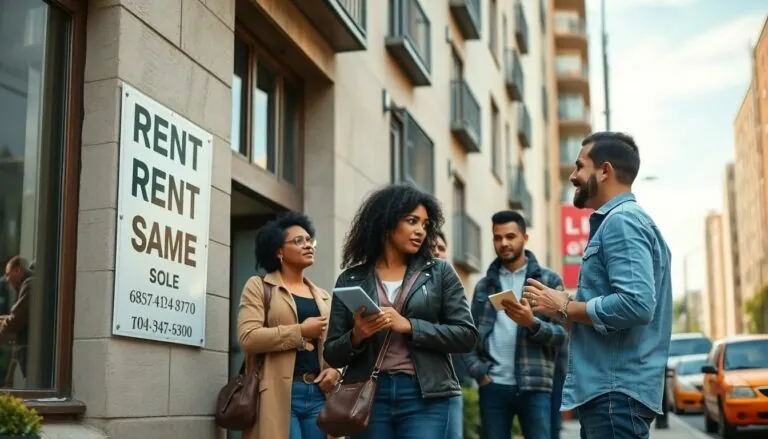Table of Contents
ToggleIn the wild world of renting, landlords often become the unwitting stars of countless memes that capture the highs and lows of tenant-landlord relationships. These humorous snapshots not only tickle the funny bone but also highlight the universal struggles faced by tenants everywhere. From outrageous repair requests to the infamous “no pets allowed” policy, landlord memes serve as a comedic relief amidst the chaos of rental life.
But why do these memes resonate so deeply? They reflect real experiences, turning frustrations into laughter. Whether it’s a meme poking fun at a landlord’s questionable maintenance skills or one that perfectly encapsulates the pain of rent hikes, these digital gems connect people through shared experiences. Dive into the world of landlord memes and discover how humor can shed light on the often perplexing rental landscape.
Overview of Landlord Memes
Landlord memes capture the complexities and absurdities within tenant-landlord dynamics. These humorous images often depict relatable scenarios that many tenants experience. For instance, memes frequently poke fun at unrealistic repair requests, showcasing how these requests can escalate in unexpected ways.
Many such memes highlight strict pet policies, offering a comedic take on how these rules impact both tenants and their furry friends. They resonate with audiences looking for a shared laugh amidst frustrations. Additionally, memes illustrate the landlords’ sometimes unusual behavior, painting a vivid picture of the relationship between tenants and property owners.
The popularity of landlord memes lies in their ability to transform challenging situations into light-hearted content. Online platforms like Reddit and Instagram serve as hubs for these memes, gathering thousands of likes and shares. Engaging visuals combined with humorous captions create a strong connection, making them easily relatable.
In essence, landlords become the subjects of these jokes, allowing tenants to express their experiences and bond over shared struggles. Each meme serves as a reminder that, despite challenges, laughter often prevails in the rental world. The rise of these memes illustrates how humor acts as a release valve, providing commentary on societal issues embedded in the rental market.
Popular Themes in Landlord Memes
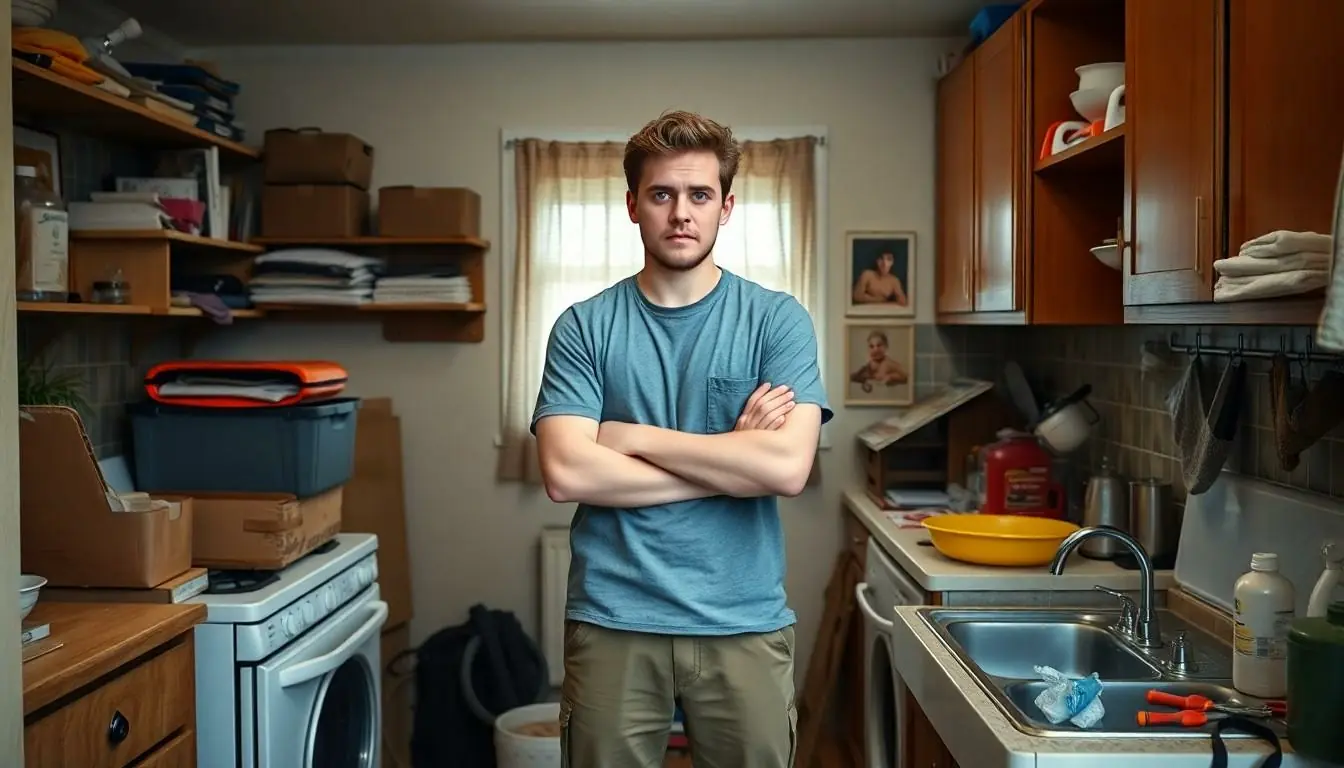
Landlord memes capture various themes that resonate with tenants, using humor to address real issues in rental situations. Below are two prominent themes explored in these memes.
Humor and Satire
Humor shines in landlord memes, providing a comedic lens on frustrating situations. Tenants often laugh at outrageous repair requests. For instance, memes depict landlords expecting tenants to fix severe plumbing issues with duct tape. Ridiculous demands become punchlines. These memes serve as a coping mechanism, highlighting how absurd and disconnected some landlord expectations can be from reality. Humor becomes a way for tenants to bond over shared frustrations, turning irritation into laughter. Overall, these comedic representations offer a refreshing take on the often stressful landlord-tenant relationship.
Social Commentary
Social commentary reflects underlying issues within the rental market, with landlord memes providing insights into systemic challenges. Many memes critique unfair housing practices and unrealistic rent increases. Tenants engage in conversations about the affordability crisis, showcasing how memes amplify important discussions. They reveal the power dynamics in tenant-landlord relationships, drawing attention to the imbalances tenants experience. By using humor as a vehicle, these memes encourage social awareness, allowing individuals to recognize and address significant concerns in their communities. Ultimately, social commentary within landlord memes fosters collective understanding and advocacy for tenant rights.
Impact of Landlord Memes on Culture
Landlord memes significantly influence culture by addressing tenant frustrations through humor. These memes resonate deeply within communities, providing a shared experience for individuals navigating the complexities of rental living.
Community Reactions
Community reactions to landlord memes reflect widespread agreement on shared frustrations. Many individuals express their own experiences through comments, creating discussions around topics like unreasonable demands and tiny living spaces. Memes resonate emotionally, fostering a sense of solidarity among tenants. The laughter generated often leads to more robust conversations regarding rights and responsibilities, with participants advocating for change in rental practices. Such engagements not only validate personal experiences but also reinforce a collective voice for improvement within housing discussions.
Influence on Social Media
Social media platforms amplify the reach of landlord memes, making them viral sensations. Images and captions spread quickly, attracting likes and shares from users who relate deeply to the content. Engagement on platforms like Instagram and TikTok showcases real-time reactions, enabling broader conversations about tenant issues. Viral memes often prompt users to share their own stories, effectively creating a feedback loop of experiences. This sharing enhances visibility for various housing issues, promoting awareness around tenant rights and pushing for changes in social policy. Influencers in the housing sector also utilize these trends to advocate for meaningful reforms, highlighting the memes’ impact as both a cultural and political tool.
Analyzing the Landlord Meme Phenomenon
Landlord memes capture the nuances of tenant-landlord relationships through humor. These comedic images spotlight real-life frustrations that many encounter in rental situations. Absurd repair requests often serve as prime examples, showcasing unrealistic expectations placed on tenants.
Social media platforms offer fertile ground for these memes to spread rapidly. TikTok and Instagram feature a plethora of relatable content, allowing users to connect over shared experiences. Each meme acts as a mini-community, reinforcing the idea that humor unites individuals facing similar challenges in the rental landscape.
Critique of housing practices permeates these memes as well. Issues such as exorbitant rent increases and unfair treatment surface in the jokes, drawing attention to serious matters. Tenants resonate with these themes, creating a shared language around advocacy for tenant rights.
Humor serves as a coping mechanism in these representations. Relatable scenarios transform grievances into laughter, effectively diffusing tension. When a tenant laughs at a meme depicting the struggle of getting a landlord to respond to urgent repairs, it fosters a sense of solidarity among viewers.
Community reactions to landlord memes often mimic broader discussions about housing conditions. Conversations around absurd demands highlight the need for better practices within the rental market. Emotional reactions to these memes lead to calls for change, validating tenant experiences and promoting awareness.
Advocacy for reform also finds a voice in this meme culture. Influencers in the housing sector leverage these viral sensations to push for meaningful changes. Landlord memes emerge not only as light-hearted content but also as powerful tools in raising consciousness about tenant rights and housing issues.
Landlord memes have become a significant cultural phenomenon that resonates deeply with tenants navigating the complexities of rental life. They transform shared frustrations into relatable humor, creating a sense of community among those facing similar challenges. By highlighting the absurdities of tenant-landlord dynamics, these memes not only entertain but also spark important conversations about tenant rights and housing practices.
As social media continues to amplify their reach, landlord memes serve as both a coping mechanism and a call to action for change. Through laughter, tenants find solidarity and empowerment, reinforcing the notion that even in challenging situations, humor can inspire advocacy and foster connections.

